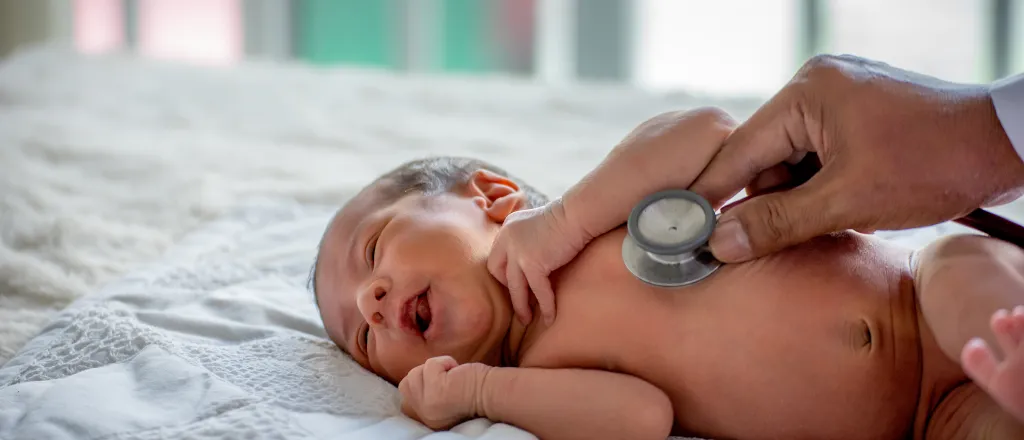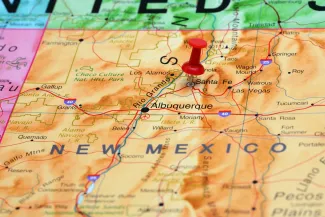
Child advocates want New Mexico to eradicate poverty through 'baby bonds'
Click play to listen to this article.
(New Mexico News Connection) New Mexico child welfare groups are behind an initiative they plan to introduce in the next legislative session to create a so-called baby bonds program.
The Partnership for Community Action and other child advocacy groups introduced a pilot program earlier this fall.
Executive Director Nichelle Gilbert said 15 children received trust accounts of $6,000 - available to the child when they turn 18.

"These funds that are invested grow over time," said Gilbert, "and are available to invest in things like education, starting a business, owning a home, or to pursue other opportunities that foster upward mobility."
Proposals for baby bond programs have passed in California, Connecticut, and Washington, DC - and have been introduced at the federal level and in eight additional states.
The New Mexico State Treasurer, who supports baby bonds, recently held a symposium to discuss and develop a bill to be introduced in the 2025 legislative session, that would create a statewide program.
New Mexico has a high rate of poverty and one of the widest income gaps.
Gilbert said if lawmakers approve the concept, eligible children would receive a publicly funded trust account at birth - providing them with a startup fund to pursue a prosperous and directed adult life.
She said she believes the program could help dismantle inequities and reduce barriers to wealth.
"It's encouraging local investment, it's promoting asset building, it's facilitating education and careers," said Gilbert, "and all the while breaking cycles of poverty."
Roughly 28 percent of New Mexico's children younger than age five and a quarter of those younger than 18 live in poverty - while the national poverty rate is about 11 percent.
Child advocates unsuccessfully pitched legislation to require a financial literacy course - in high school - but lawmakers made it an elective instead.

















